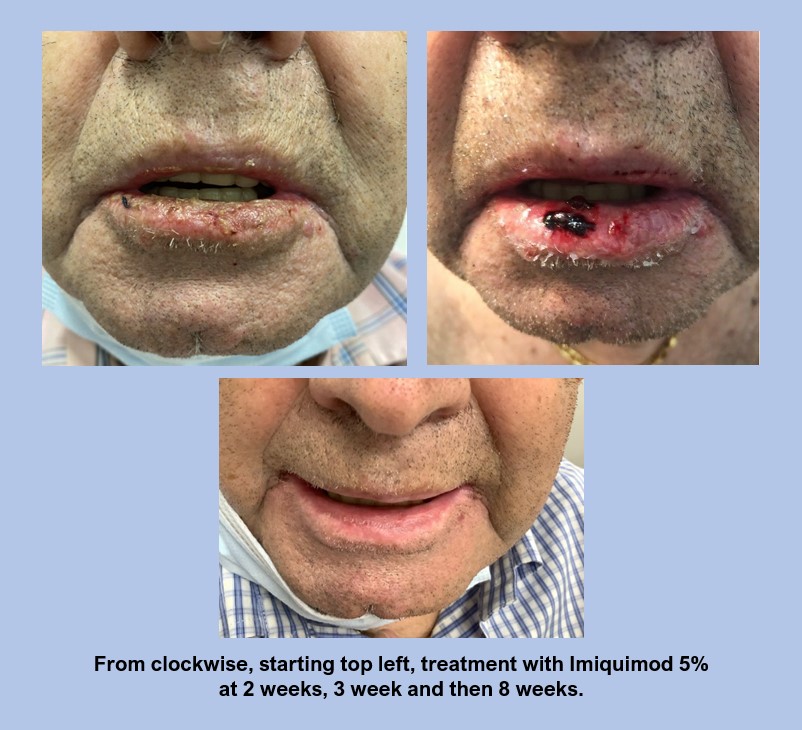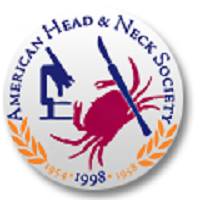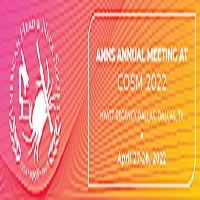Topical Treatments for Cutaneous Malignancy
Diana N Kirke MBBS MPhil FRACS, Richard Torbeck MD There are, according to the American Cancer Society, approximately 5.4 million basal (BCC) and cutaneous squamous cell carcinomas (cSCC) diagnosed each year in the US, with 80% of these being BCC.1 As head and neck surgeons we tend to see more advanced presentations of cutaneous malignancy. …



